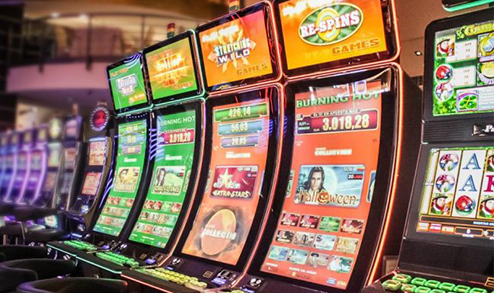 This Tuesday, the right-wing Spanish Socialist Workers’ Party (PSOE) joined forces with other right-wing and neutral parties in an effort to defeat a proposal seeking to prohibit gambling companies from advertising their services in tourist areas and airports. But this attempt does not coincide with the Balearic Islands’ left-wing government wishes.
This Tuesday, the right-wing Spanish Socialist Workers’ Party (PSOE) joined forces with other right-wing and neutral parties in an effort to defeat a proposal seeking to prohibit gambling companies from advertising their services in tourist areas and airports. But this attempt does not coincide with the Balearic Islands’ left-wing government wishes.
Why Some Politicians Want to Ban Gambling Advertising Throughout the Balearic Islands?
The Balearic Islands, a popular tourist destination in Spain, is home to many gambling establishments. In December 2022, the Balearic Islands introduced amendments to the Gambling and Betting Law aimed at protecting vulnerable people from gambling-related harms. Among all other things, the legal reform includes provisions seeking to ban gambling and sports betting advertising throughout the Balearic Islands.
The government supported the proposed reforms, explaining that such measures are needed to protect underage individuals from being exposed to gambling marketing and establish a safe gambling environment. The proposed gambling advertising ban was also approved by left-wing politician VP Juan Pedro Yllanes.
But the proposed measure to ban gambling advertising throughout the Balearic Islands opened Pandora’s box of troubles for the Spanish politicians during the next-to-last session of the legislature. To block legislative attempts to prohibit gambling advertising, Spanish Socialist Workers’ Party (PSOE) sided with the People’s Party (PP). This move was quite shocking considering that these two parties have been rivals for a long.
The legislation eventually succumbed to the pressure on behalf of the parties and included an amendment, under which casinos are allowed to advertise their services in brochures and tourist establishments such as ports and airports.
What Other Measures the Proposed Bill Includes?
Yllanes was not satisfied with this decision, explaining that most passengers at the Balearic Islands’ airports are not tourists. But according to information revealed by Spain’s National Institute of Statistics, the Balearic Islands welcomed over 16 million tourists last year, of which 8.5 million used an airplane to reach the islands.
The proposal to ban all forms of gambling advertising also resulted in disagreement between members of the same party. Sebastià Sagreras, a member of the PP, initially supported the amendment that seeks to allow gambling advertising in tourist areas. Later, he aligned with Yllanes, supporting the ban on gambling advertising.
Currently, the Balearic Islands offers 108 gambling establishments for every million inhabitants, making it the third region with the most gambling venues in Spain. The government, however, aims to reduce this number and get close to the national average, which is 68 gaming properties per million inhabitants. To solve this problem, legislators introduced another amendment that would require gambling establishments to have a minimum distance of 500 meters from each other and schools.